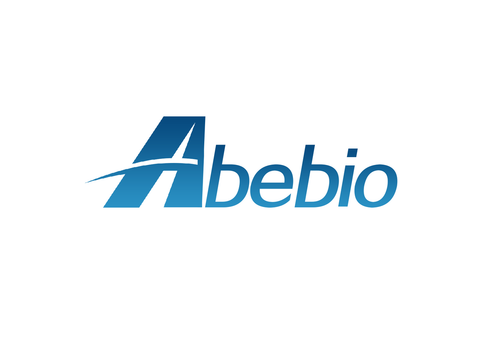Product Description
Bovine Vasoactive intestinal peptide (VIP) ELISA Kit | AE11668BO | Abebio
Species Reactivity: Bovine (Bos taurus; Cattle)
Abbreviation: VIP
Alternative Name: MGC13587; PHM27;
Application: ELISA
Range: 6.17-500 pg/mL
Sensitivity: 2.63 pg/mL
Intra-Assay: ≤5.2%
Inter-Assay: ≤9.3%
Recovery: 1, 08
Sample Type: Serum, Plasma, Other biological fluids
Detection Method: Sandwich
Analysis Method : Quantitive
Test Principale: This assay employs a two-site sandwich ELISA to quantitate VIP in samples. An antibody specific for VIP has been pre-coated onto a microplate. Standards and samples are pipetted into the wells and anyVIP present is bound by the immobilized antibody. After removing any unbound substances, a biotin-conjugated antibody specific for VIP is added to the wells. After washing, Streptavidin conjugated Horseradish Peroxidase (HRP) is added to the wells. Following a wash to remove any unbound avidin-enzyme reagent, a substrate solution is added to the wells and color develops in proportion to the amount of VIP bound in the initial step. The color development is stopped and the intensity of the color is measured.
Product Overview: Vasoactive intestinal peptide (VIP) is a peptide hormone containing 28 amino acid residues and is produced in many areas of the human body including the gut, pancreas and suprachiasmatic nuclei of the hypothalamus in the brain.It has a half-life in the blood of about two minutes. With respect to the digestive system, VIP seems to induce smooth muscle relaxation (lower esophageal sphincter, stomach, gallbladder), stimulate secretion of water into pancreatic juice and bile, and cause inhibition of gastric acid secretion and absorption from the intestinal lumen. Its role in the intestine is to greatly stimulate secretion of water and electrolytes, as well as dilating intestinal smooth muscle, dilating peripheral blood vessels, stimulating pancreatic bicarbonate secretion, and inhibiting gastrin-stimulated gastric acid secretion.
Stability: The stability of ELISA kit is determined by the loss rate of activity. The loss rate of this kit is less than 5% within the expiration date under appropriate storage condition. The loss rate was determined by accelerated thermal degradation test. Keep the kit at 37°C for 4 and 7 days, and compare O.D.values of the kit kept at 37°C with that of at recommended temperature. (referring from China Biological Products Standard, which was calculated by the Arrhenius equation. For ELISA kit, 4 days storage at 37°C can be considered as 6 months at 2 - 8°C, which means 7 days at 37°C equaling 12 months at 2 - 8°C) .
 Euro
Euro
 USD
USD
 British Pound
British Pound
 NULL
NULL












